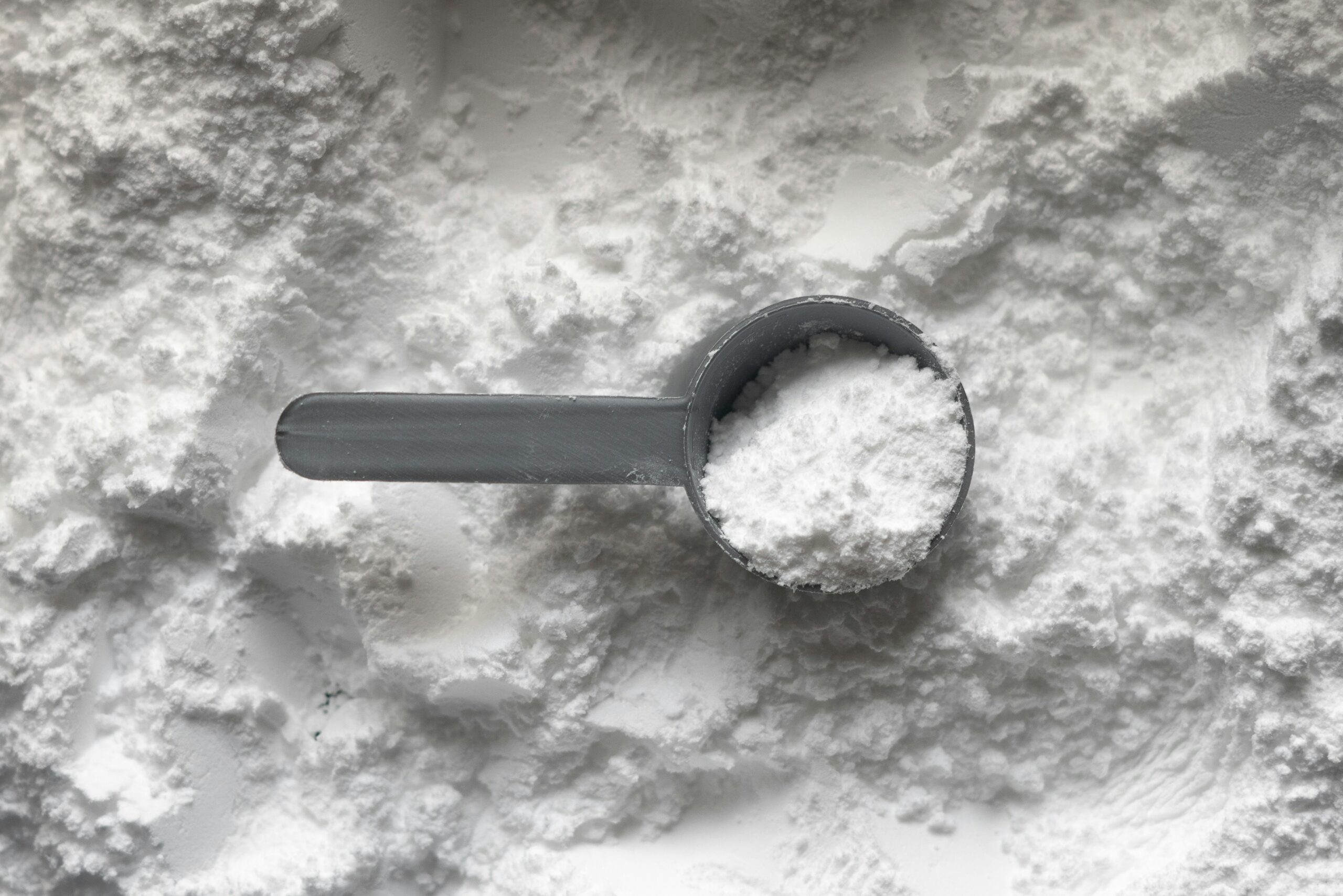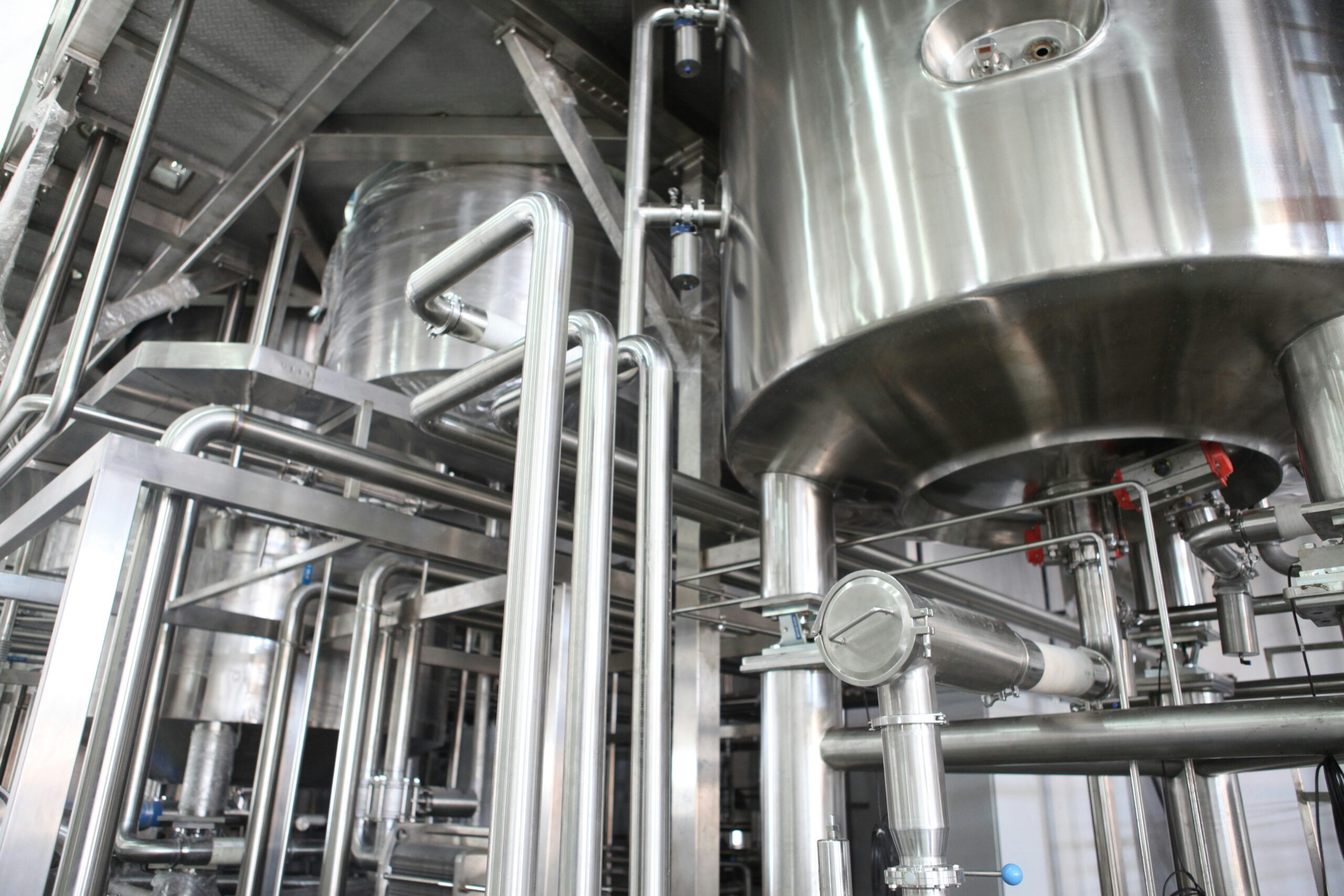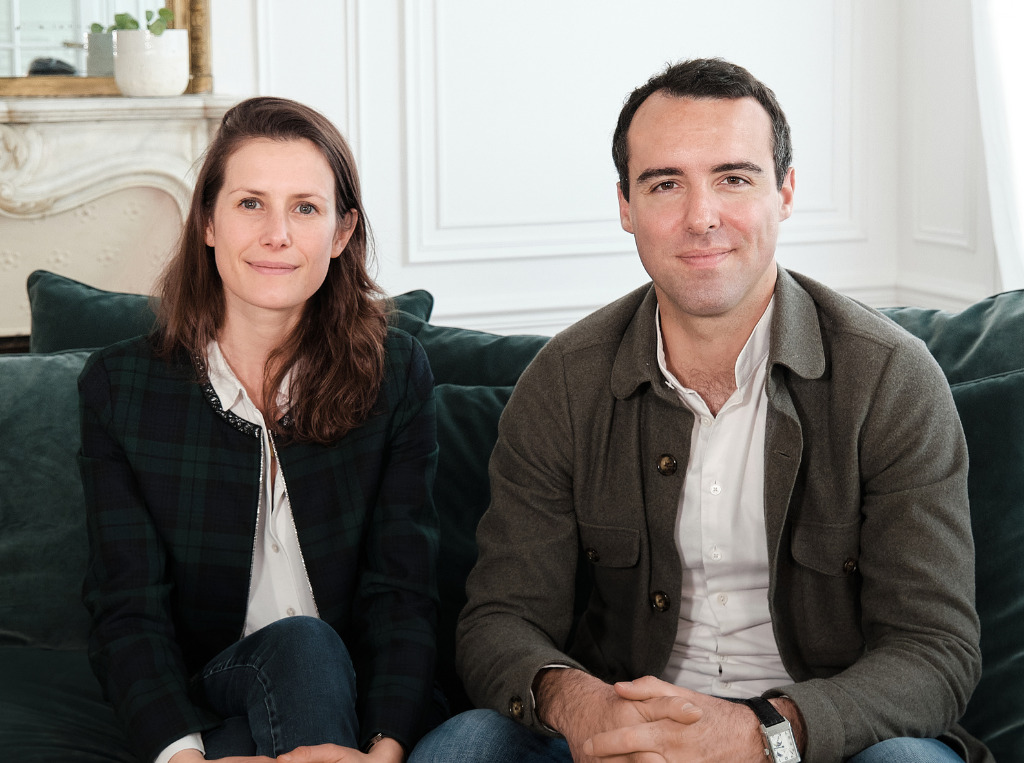4 Mins Read
Based in Lyon, Bon Vivant has obtained self-affirmed GRAS status for its precision-fermented whey protein in the US.
French precision fermentation startup Bon Vivant has taken a major step towards commercialising its recombinant whey protein, achieving self-determined GRAS (Generally Recognized as Safe) status in the US.
The move signifies that its animal-free beta-lactoglobulin ingredient complies with the Food and Drug Administration’s (FDA) definition of GRAS food ingredients, deeming it safe for consumption. While this allows companies to begin selling the product, it doesn’t legally require an FDA review, which is a longer and more expensive process.
To further breed consumer and market confidence, many businesses choose to take the additional step of notifying the FDA of their GRAS conclusion. Bon Vivant has done so too, and expects a ‘no questions’ letter from the food safety agency within the year.
“The FDA actually has 12 months to deliver it, and Bon Vivant filed the GRAS status in December, so expect it to be at [the latest] in December 2025,” Stéphane Mac Millan, Bon Vivant’s co-founder and CEO, told Green Queen.
“By scaling up our tech and further refining our ingredient proposition, we aim to have products featuring our proteins on the US market by 2026,” he revealed.
Bon Vivant’s whey protein boasts superior functional properties

The company says it is the first in the precision fermentation industry to present beta-lactoglobulin in two distinct formats, which can offer tailored and superior technical and functional properties, and maintain the nutritional benefits of dairy proteins that come from a cow.
“The two distinct forms are well-known in the dairy industry, being composed of the same specifications and nutritional benefits, while providing different techno-functionalities,” explained Mac Millan. “One is providing texture, while the second is providing heat stability and acidic stability in high-protein products.”
Industry groups describe precision fermentation as a combination of traditional fermentation and the latest advances in biotechnology to efficiently produce a compound of interest, such as a protein, flavour molecule, vitamin, pigment, or fat.
Bon Vivant is working on beta-lactoglobulin, the major whey protein found in cow’s milk, comprising 65% of its whey content. It’s said to be nutritionally superior to most proteins, and has gelling, foaming and emulsification properties that improve the mouthfeel and texture of a range of food and beverage applications.
Beta-lactoglobulin contains a larger amount of essential and branched-chain amino acids than other whey proteins. For example, it has 45% more leucine – key for muscle synthesis – than commercially available whey protein isolates. It’s also tasteless, heat-tolerant, and stable across a wide pH range.
This makes it the most popular protein in the precision fermentation space. Californian pioneer Perfect Day, Israel’s Remilk and Imagindairy, Dutch startup Vivici, and Danish player 21st.Bio are all producing animal-free beta-lactoglobulin, and have been cleared to sell in the US.
Bon Vivant’s version – which can be used in yoghurts, ice creams, cream cheeses, and more – has been subject to a life-cycle assessment that shows its superiority over conventional dairy. The study found that the recombinant beta-lactoglobulin requires 81% less water and 99% less land to produce, while generating 72% fewer greenhouse gas emissions.
The startup has secured $25M from investors, including a $15.9M round in 2023. “We are not at the very moment fundraising, but as any biotech company at this stage of development, we need to keep investing on R&D, dragging talents and lowering our future production costs,” said Mac Millan.
Bon Vivant operates as a B2B supplier, and secured three commercial partnerships in different markets last year. It’s now in discussions with further potential collaborators.

Future foods enter an uncertain era in the US
Bon Vivant’s GRAS determination comes amid a wave of regulatory clearances for precision fermentation startups – ahead of a potentially tricky time for alternative protein in the US under the incoming administration.
“Securing the self-affirmed GRAS status is a testament to our commitment to safety, quality, and innovation,” said Mac Millan. “Notifying the FDA of this GRAS conclusion not only reinforces our engagement with US regulatory authorities but also positions Bon Vivant to meet the growing demand for sustainable, functional, high-performance dairy proteins.”
In 2024, Vivici, 21st.Bio, casein producers New Culture and Fermify, lactoferrin startups TurtleTree and All G, sweet protein maker Oobli, and egg protein specialist Onego Bio were all cleared to sell their ingredients stateside.
But whether this hike in approvals continues in 2025 remains to be seen. President-elect Donald Trump has nominated Robert F Kennedy as health secretary. If he were to be nominated, he could gut several departments within the FDA (including nutrition).
His disdain for processed foods is well-established too, and with Republican lawmakers’ efforts to clamp down on novel foods over the last year, companies in this space face an uncertain future.
“We think it is too early to accurately determine what will be the political orientations around alternative protein under the Trump administration. Precision fermentation is very different from cultivated meat and is a technology that has been used for decades – notably in the pharma industry, for instance, for insulin used by people suffering from diabetes,” Mac Millan pointed out. “So we have hope that this technology will keep being developed as it has already proved its worth.”



